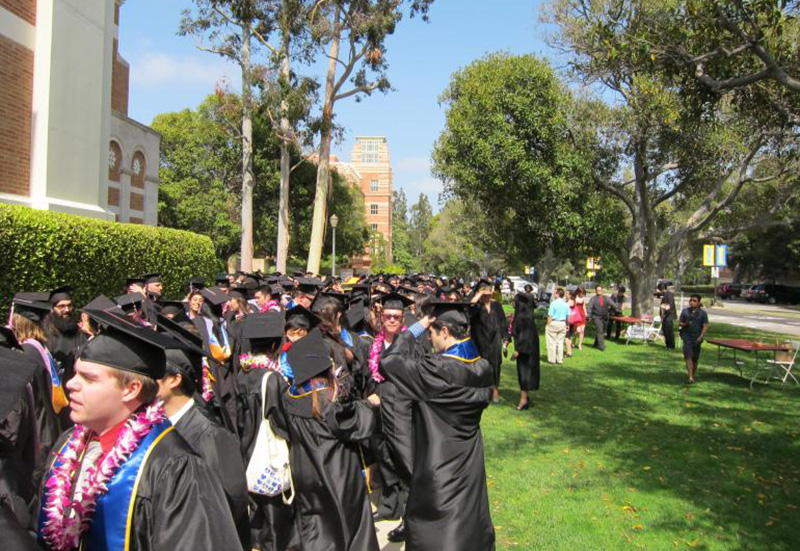por Suzanne Potter
California News Service
February 21, 2023 – California’s young adults face significant barriers to accessing higher education, affordable housing, and health care – according to a nonprofit that is fighting to advance their interests. The group Young Invincibles has just released its 2023 policy agenda, and top of the list is improving consumer protections around student debt.
Sarah Bouabibsa, west advocacy manager for Young Invincibles, said they are working to convince colleges and universities to stop withholding degrees or transcripts over small debts owed to the school itself, for example.
“We’re looking for schools to stop withholding diplomas because students owe, let’s say, outstanding library fees. Because that is a direct barrier to students being able to build financial security through finding jobs to applying for graduate school once they graduate,” she said.
The policy agenda also calls on schools to build more affordable student housing, increase the number of mental health professionals on campus, and eliminate premiums on standard silver Covered California health insurance plans.
The group also wants California to fully fund its Cradle to Career Data System, an online hub currently in development. Bouabibsa said the site’s dashboard will give students the tools they need to succeed.
“This will help students plan out what colleges they want to go to,” she said. “It’ll help answer questions around financial aid as well as career opportunities they can pursue if they go toward a specific area of focus in their education. ”
All California community colleges are now required to have student “basic needs centers” that connect students with assistance programs for food, housing, and health care. The agenda calls for fully funding these centers and for the development of an assessment tool to identify trends in student needs.
More CA Students Earn Degrees, Certificates, But Disparities Persist
Some good news to report on college attainment rates – the number of students who have earned a degree, certificate or credential has jumped 16 percent from 2009 to 2021, according the new “Stronger Nation” report from the Lumina Foundation.
The report finds a 55.8 percent attainment rate for Californians ages 25 to 64.
Courtney Brown – vice president of impact and planning at Lumina Foundation – said while students of all races made progress, Latino attainment in California stands at just over 22 percent, compared to almost 60 percent for White students.
“Although we saw 2.5 percent jump in attainment for the Latino and Hispanic population, and almost 2 percent for Black Americans,” said Brown, “you can see that incredible disparities continue to exist between Black Americans and Latino Americans on one end, and White Americans on the other end.”
Last year, Gov. Gavin Newsom set a goal that 70 percent of the adult population should have some post-secondary education by 2030.
The top five counties with the highest percentage of students with an associate’s degree or higher are all in the Bay Area – while rural Lassen County in the far northeastern part of the state has the lowest rate, at just over 18 percent.
Michelle Siquieros – president of the Campaign for College Opportunity, based in Los Angeles – said schools need to make it much easier for community college students to transfer to a four-year school.
“The transfer rates from community colleges to our four-year universities and completion rates in general at the community colleges are very low, especially for Black and Latinx students,” said Siquieros. “So we’ve got to do a better job of supporting students to complete a degree and to transfer.”
The report also finds that in order to compete, California will need to significantly increase the number of people who enroll in programs and earn all types of credentials beyond high school.
Support for this reporting was provided by Lumina Foundation.



